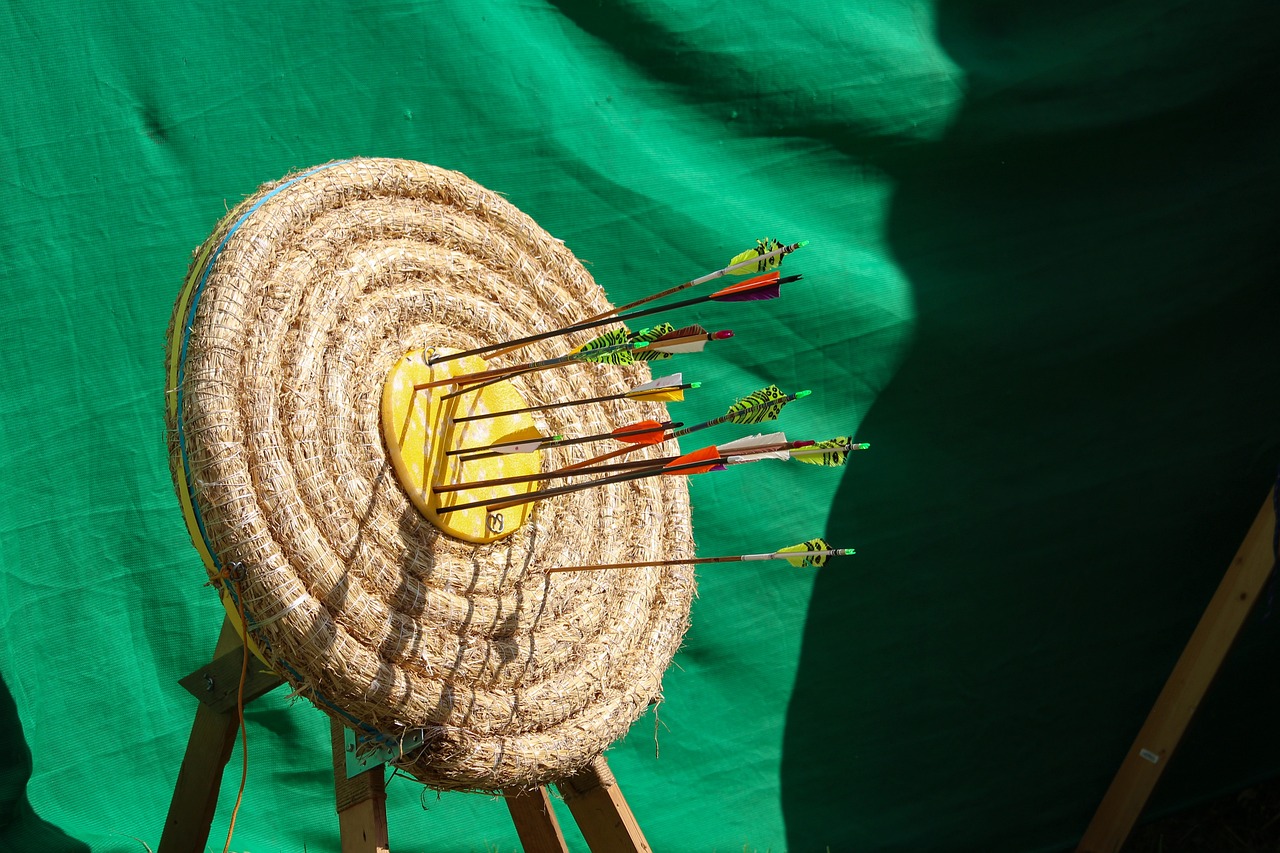The Psychology of Fielding: Focus, Reflexes, and Decision Making
Reddy Anna Club, Online Cricket ID: Mental preparation plays a crucial role in enhancing a fielder’s performance on the field. It involves psychological strategies that help in maintaining focus, staying calm under pressure, and making quick decisions. By mentally preparing themselves before each game or practice session, fielders can improve their concentration and react effectively to any situation that arises on the field.
Visualizing successful fielding scenarios and mentally rehearsing different fielding techniques can boost a player’s confidence and preparedness. Moreover, mental preparation helps fielders overcome distractions and negative thoughts that might affect their performance. By developing a strong mental game, fielders can approach each fielding opportunity with a clear mind and the readiness to execute their skills effectively.
Understanding the Role of Visual Perception in Fielding
Visual perception plays a crucial role in the fielding aspect of baseball, as it enables players to accurately track the trajectory of the ball and make split-second decisions. The ability to quickly judge the speed, angle, and distance of an incoming ball is directly linked to the player’s visual perception skills.
Moreover, visual perception allows fielders to anticipate where the ball will land, positioning themselves accordingly to make successful catches or stops. By training and honing their visual perception abilities, players can greatly enhance their fielding performance and become more reliable assets to their teams.
• Visual perception is essential for accurately tracking the trajectory of the ball
• Quick judgment of speed, angle, and distance is crucial for fielders
• Anticipation of where the ball will land allows players to position themselves effectively
• Training visual perception skills can significantly improve fielding performance
The Impact of Stress and Pressure on Fielding Performance
Stress and pressure can significantly affect an athlete’s performance on the field, particularly in the context of fielding. When players are under high levels of stress, their focus and concentration may be compromised, leading to errors in judgment and execution of plays. This can result in missed catches, fumbles, and overall reduced fielding efficiency.
Moreover, stress and pressure can impact a fielder’s confidence and decision-making abilities. Players who are feeling overwhelmed by stress may become hesitant or second-guess themselves, leading to slower reaction times and decreased efficiency in making split-second decisions. It is crucial for athletes to develop strategies to manage stress and pressure effectively in order to maintain peak performance levels in fielding situations.
How does mental preparation affect fielding performance?
Mental preparation is crucial in fielding as it helps players stay focused, confident, and alert. It allows them to make quick decisions and react efficiently to different game situations.
What role does visual perception play in fielding?
Visual perception is essential in fielding as it helps players track the ball, judge its speed and trajectory, and anticipate its movement. It enables fielders to position themselves correctly and make successful catches or stops.
How does stress and pressure impact fielding performance?
Stress and pressure can negatively impact fielding performance by causing fielders to lose focus, make mistakes, and second-guess their decisions. It can also increase tension in the body, leading to slower reaction times and reduced agility.







